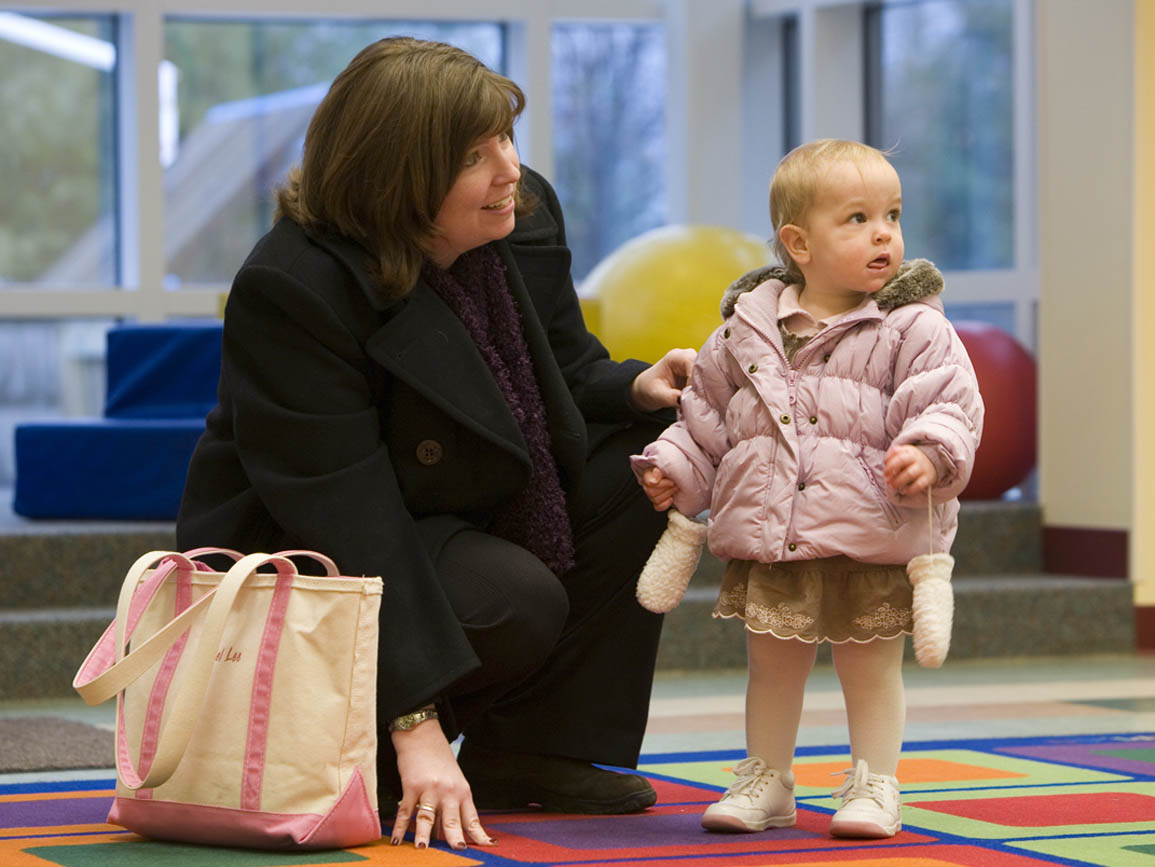The local playground and park (or even your backyard) is not just a place where children can run and play with abandon; it offers a wealth of cognitive and social-emotional learning opportunities as well.
Consider these common experiences and the learning and developmental opportunities they provide.
-
Meeting new children: reciprocal communication, self-confidence, sharing
-
Playing games: negotiation, perspective taking, teamwork, turn taking, cooperation
-
Swings: gravity, force of motion, balance, action/reaction
-
Tag: decision-making, flexible thinking, risk-taking, responding to changed reality
-
Monkey bars: self-regulation, coordination, planning, persistence
-
Pick-up sticks: math concepts, left-right orientation, strategic thinking
-
Play in sand, dirt, or mud: sensory and texture awareness, states of matter
While ABCs and 123s are important, many teachers state that social-emotional competencies are key (and often missing) in children entering kindergarten. There are multiple ways to develop these, as well as higher-order thinking skills, during physical play.
Plan or encourage activities and games that require your child to:
-
Follow directions in sequence. Example: Red Light, Green Light
-
Regulate their behavior and control impulses. Example: Duck, Duck, Goose
-
Make decisions and adapt to change. Example: Simon Says
-
Work cooperatively with others and negotiate. Example: Jumping rope as a group
-
Take on a supportive role as well as a leadership role. Example: Follow the Leader
-
Take turns and share. Example: Hide and Seek
-
Develop spatial awareness and consider distances (math). Example: Four Square
-
Experience success (any goal they set for themselves) based on their own abilities and knowledge without adult intervention. Example: Climbing trees





